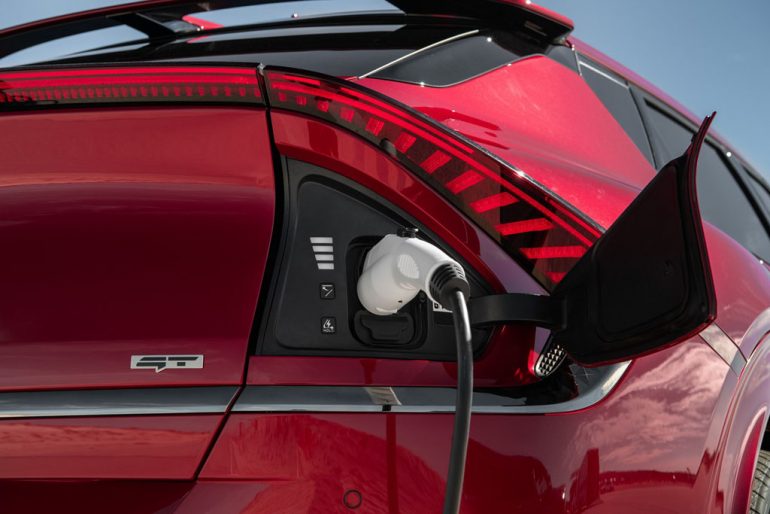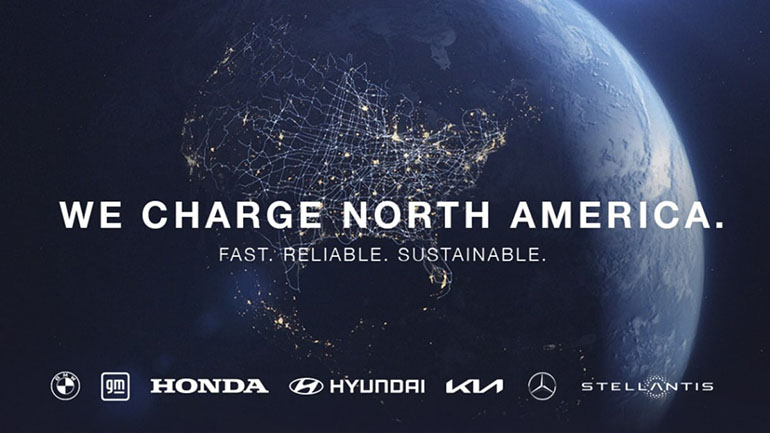
Seven major automakers, including General Motors, BMW, Honda, Hyundai, Kia, Mercedes, and Stellantis, have announced their collaboration to establish a robust electric vehicle (EV) charging network in North America. The objective of this joint effort is to compete with Tesla’s existing charging infrastructure and significantly increase the number of fast-charging plugs available in the United States and Canada.
The partnership aims to invest billions of dollars in building “high power” charging stations, totaling 30,000 plugs across urban areas and travel corridors. By doing so, the automakers hope to address concerns about the availability of charging stations for long-distance travel, thereby promoting the widespread adoption of electric vehicles.
Also, don’t forget that you can get discounted new car pricing with a free quote through qualified local dealer partners.
Although the specific number of charging stations and financial details of the joint venture remain undisclosed, the automakers have expressed their commitment to working together as equals to ensure the success of the initiative. Building a high-powered charging network at this scale requires a significant investment, and they expect to rely on a multi-billion dollar funding for the project.

Currently, the United States and Canada have around 8,700 direct-current fast-charging stations with approximately 36,000 charging plugs. These fast chargers are capable of charging a battery to 80% capacity within 20 minutes to an hour, making them ideal for travel routes and comparable to refueling a gasoline vehicle. In contrast, slower 240-volt “Level 2” chargers can take several hours to achieve a full charge.
The new network, with an estimated 10 to 20 charging plugs per station, is projected to have between 1,500 to 3,000 stations in total. This would put the automakers’ network on par with Tesla’s existing infrastructure, which includes 2,050 stations and over 22,000 plugs in North America, according to data from the U.S. Department of Energy.
The key difference is that the charging network formed by the seven automakers will be open to all electric vehicle owners, making it a public resource. It will be designed to accommodate both Tesla’s North American Charging Standard plugs and the Combined Charging System plugs used by other automakers, ensuring compatibility for a broader range of electric vehicles.
To finance the project, the automakers plan to seek support from the U.S. government’s bipartisan infrastructure law, which includes provisions for electric vehicle charging infrastructure.